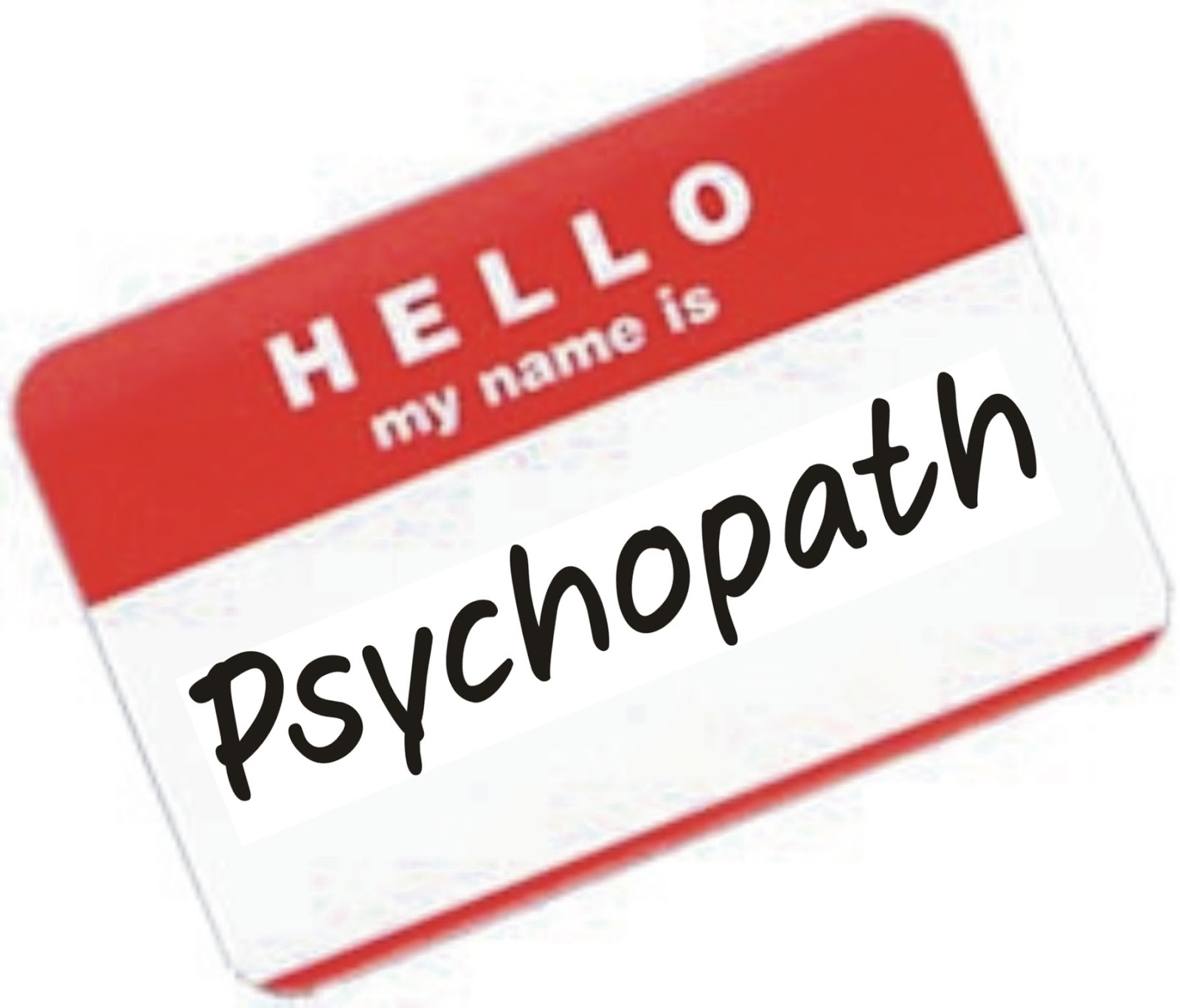
More interesting to me were the sections this led to – about psychopaths in everyday life. And reading about gruesome murders and sexual assaults isn’t really my jam… so, yes, I did end up darting through some of the pages. I went in because I’m interested by the psychological aspects – though, unsurprisingly, Ronson also tells us what noted psychopaths have done. Ronson explores the impact of the test, as well as analysing many of the people who have been criminally psychopathic.Īnd this is where I began to skip pages… I hadn’t really joined the dots, to realise what sort of descriptions would be included.

There is naturally some discomfort in the world that something so drastic could be decided by this sort of test – ending, like a BuzzFeed quiz, with a ‘yes – psychopath’ or ‘no – normal’. The Psychopath Test uses the prison encounter as our introduction to the titular test – developed by Robert Hare, it is essentially a checklist to determine whether or not somebody is a psychopath. (Actually, this comes after a meandering and ultimately rather pointless anecdote about people being mysteriously sent strange little books – I suppose it’s intended to hook our attention, but I found those elements rather over-long and a bit of a distraction from the main theme.) That’s where Ronson is – initially to interview somebody who alleges he faked his psychopathy to get a lighter prison sentence for GBH, and now can’t convince anybody that he isn’t mentally ill. Even while he’s immersing himself in dangerous territory, he comes across rather like a calm observer – even, somehow, when he’s telling us how uncalm an observer he is.īut there can’t be many more dangerous people to meet than those who have been declared psychopaths and imprisoned in maximum security prisons.

Whether conspiracy theorists, Internet hate figures, or CIA operatives, he treats them with a Louis Theroux-esque genial bafflement. Ronson has made a name for himself as someone who explores the quirky and unusual, often meeting and interviewing strange people in his unflappable, mild-mannered (and yet, simultaneously, rather anxious) way. I seem to remember my brother reading it, or perhaps my friend Mel – either way, it appealed enough to start me hunting for other Ronson books, even if it took me a few more years to finally read this particular one.

I’ve now read three books by Jon Ronson – the first two being So You’ve Been Publicly Shamed and The Men Who Stare at Goats – but the first one I heard of was The Psychopath Test (2011).


 0 kommentar(er)
0 kommentar(er)
